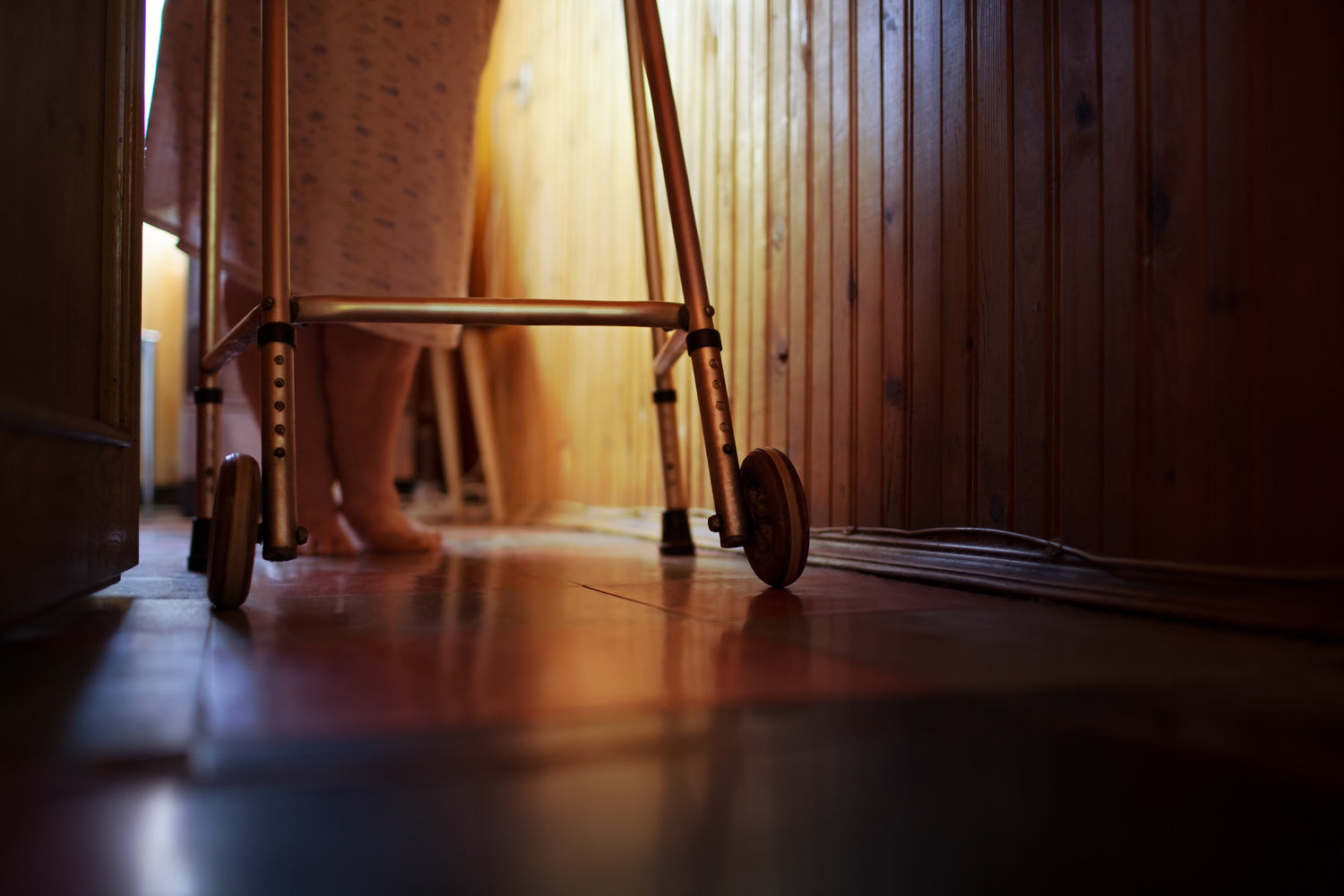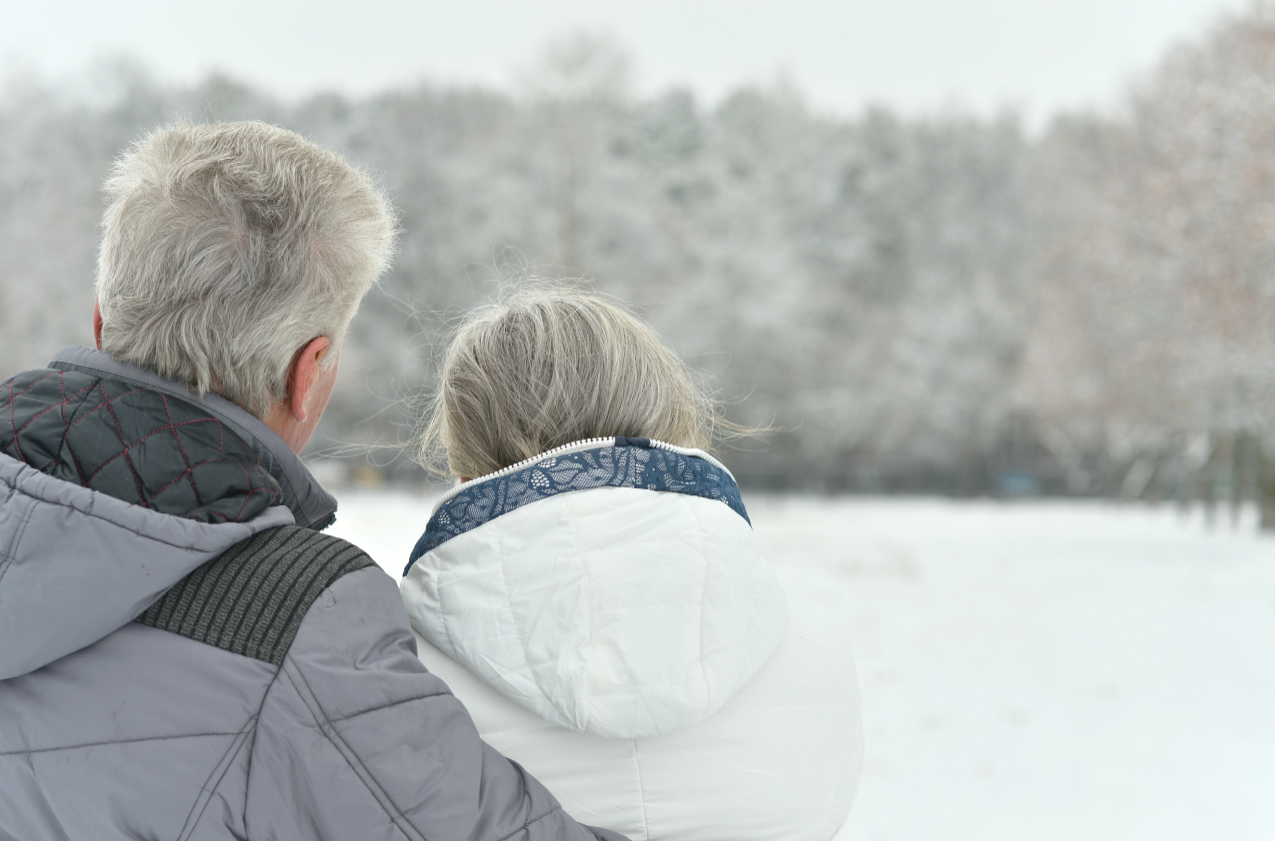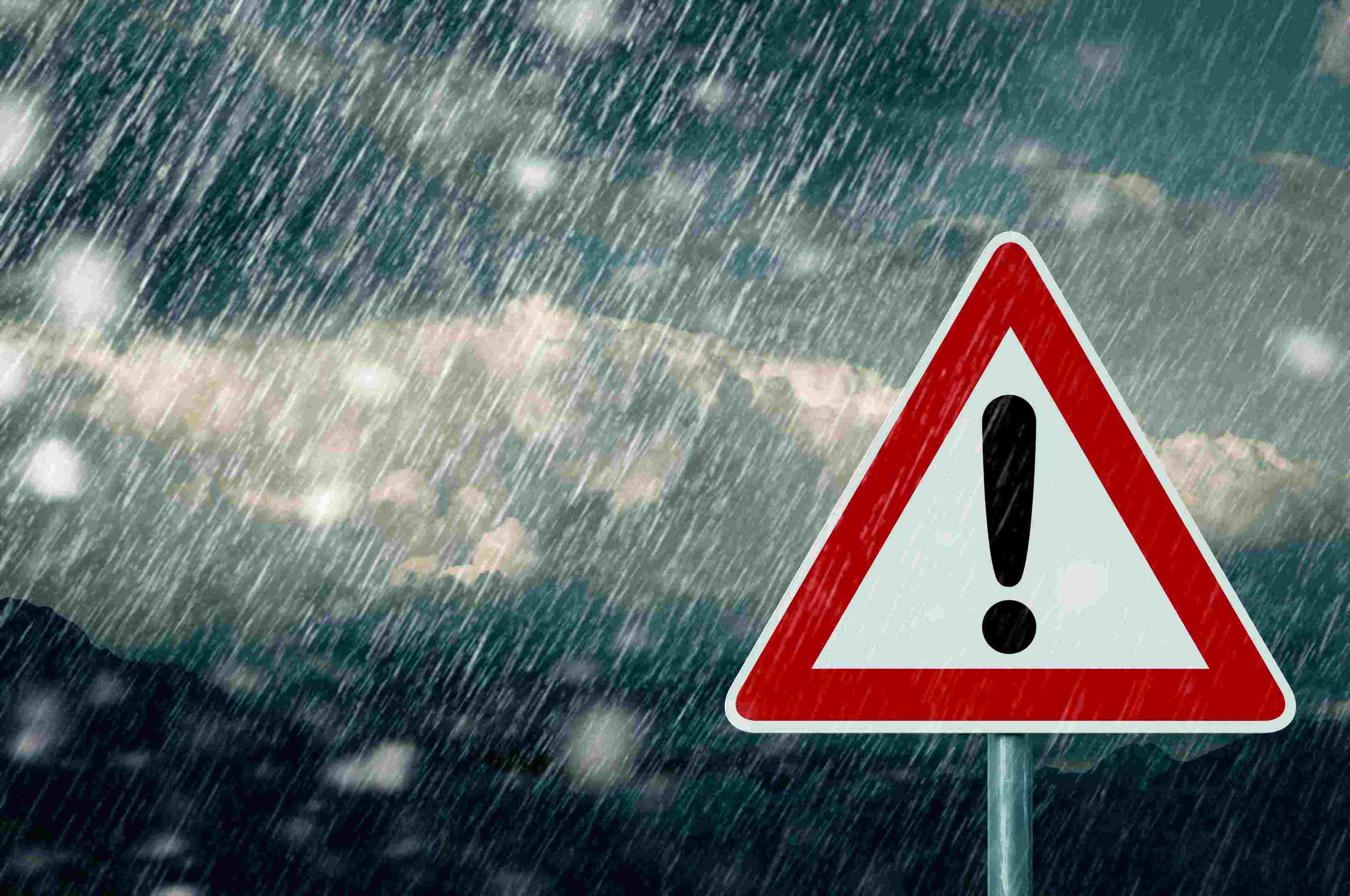
One of the most painful moments in a person’s life is when they realize they must submit to the ultimate role reversal and become their parents’ caretaker. Nagging calls switch directions and no longer discuss your love life but rather your mother’s doctor appointments. Instead of seeking your father out for advice on mortgages and bank statements, you now take the lead to ensure that all of his affairs are in order and important paperwork is organized.
As you become increasingly concerned and preoccupied with your elderly parents’ health and safety, you maintain a somewhat paradoxical feeling of helplessness and of great responsibility. The dangerous winter months only exacerbate that feeling, as you work to take the necessary steps to prepare your parents for piles of snow they can’t navigate, bone-chilling cold to which they are extra sensitive, and other dangers they need to be protected from.
Fortunately, there is much that you can do to help them, even during this difficult season. To start, here is a quick guide on steps to take in order to prepare your elderly and ageing parents for a winter storm.
Prepare for power outages.
The biggest risk of a winter storm is the potential of a power outage, which can cause a great danger for the elderly. There are several steps you can take to make sure your parents are prepared in case the electricity goes out:
- Purchase them an easy to use cell phone and ensure it stays charged
- Buy a flashlight with a light sensor and keep it plugged into the wall or store it in an easily-accessible location
- Place glow-in-the-dark tape around the house to illuminate stairs, sharp edges, the way to an emergency power source or fuse box, etc.
- If there’s a chance that your parents light a fire or candles for warmth or light, make sure that carbon monoxide detectors are installed with batteries, and are thus still able to work in case of an accident.
- For longer-term outages, prepare an emergency kit with a few days’ worth of no-cook food, water, and medication, a flashlight or two, batteries, an extra pair of glasses, and first-aid essentials.
Prepare for long-term isolation.
If a storm brings high snow levels or very low temperatures, it’s possible that your parents won’t be able to leave the house for a while. Make sure their pantry is therefore always stocked with water bottles and nonperishable food items, such as ready-to-heat frozen meals, protein bars, canned goods and soups, and protein shakes. Also purchase foods containing vitamin C as they can boost the immune system and protect against winter colds. Frozen produce like broccoli, strawberries, and citrus fruits, are all high in vitamin C and can be stored for a longer time.
Prepare for the cold.
A severe storm will not only bring lower temperatures, but might also make it difficult to avoid those low degrees, whether or not the power goes out. If a home is not properly insulated, or if rough winds cause damage to the pipes, or if heating equipment is damaged in a storm, your parents could be facing extreme cold. Insulate the home by installing storm windows or covering windows with plastic from the inside to keep cold air out. Also make sure that heating equipment and chimneys have been inspected and cleaned out before the start of winter. Lastly, ensure that there are ample warm coats, blankets, and sweaters around the house which can be easily found.
Prepare for the aftermath.
Once a storm is over, it will likely leave piles of snow in its wake. There are many reasons why the elderly should not be shoveling snow, but it’s also imperative that they don’t have an icy walkway that could contribute to a slip and fall accident. The solution is simple if you live nearby your parents, as you or a member of your family can go over and shovel the walkway for them. If you live far away, there are several resources you can use including volunteer groups and government committees. However, if you want one less thing to worry about, you might want to consider laying down snow-melting mats. They are slip proof and can be left out all winter--your parents can turn them on or off from inside when it starts to snow using a remote controller, and turn them off when the storm is over. Further, you won’t have to worry about the risk of ice accumulating from residual snow as these mats resist ice as well.
When starting to care for your elderly parents, there are an overwhelming number of things to consider. However, preparing them for a winter storm is one task that can be made much easier if you follow the practical advice detailed above.


